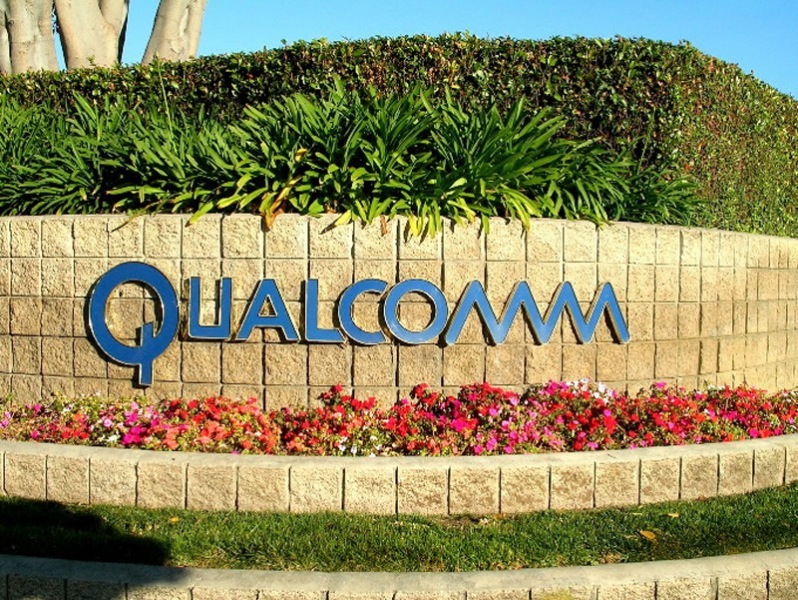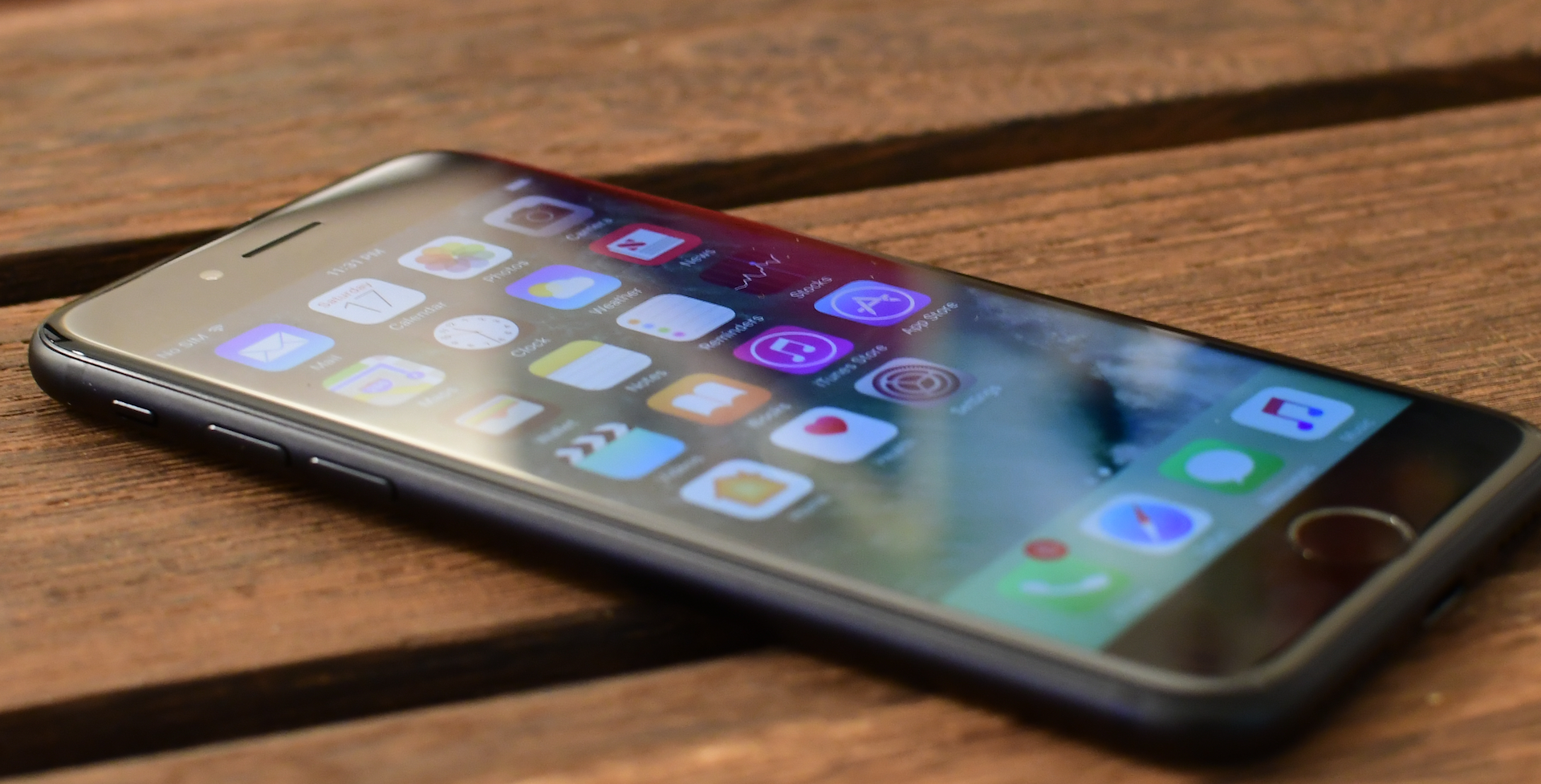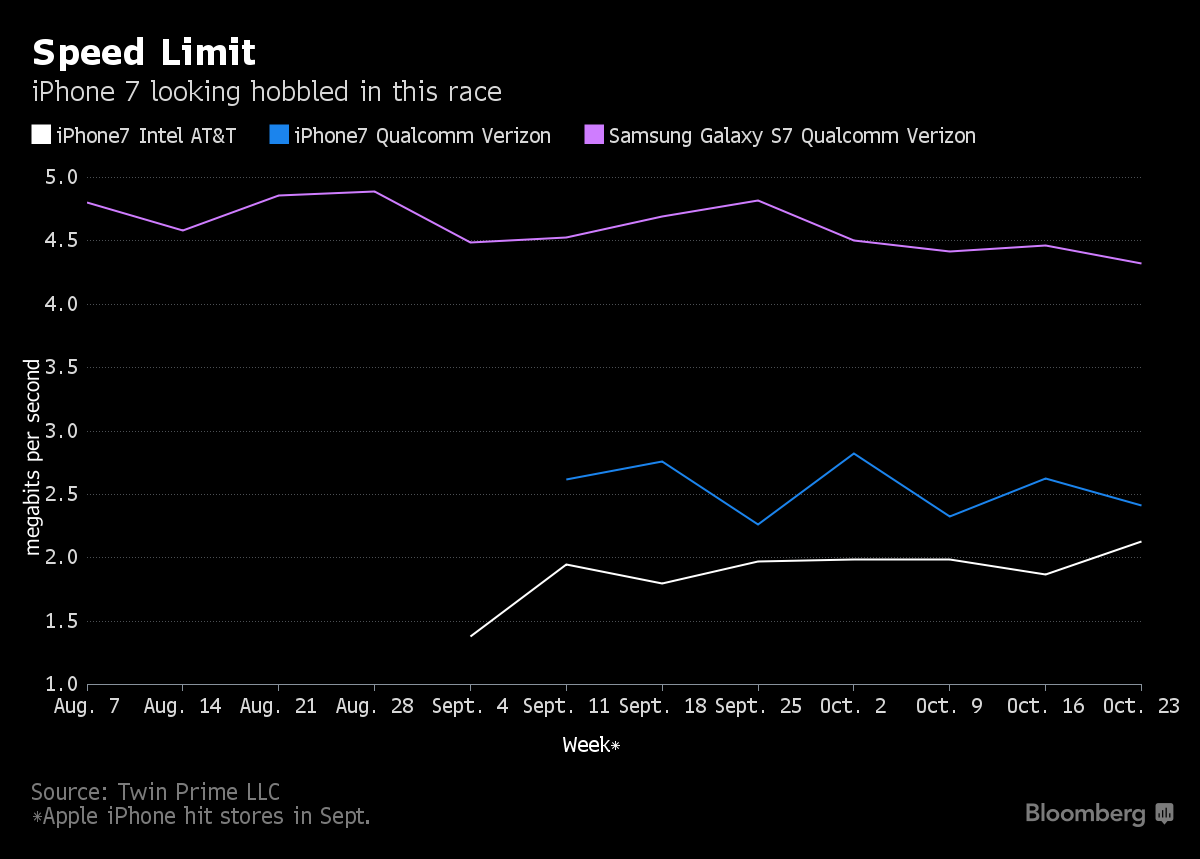Now we know why Apple has made the controversial decision to dual-source baseband modem chips for iPhone 7 from both Intel and Qualcomm. Tuesday, the U.S. Federal Trade Commission (FTC) charged Qualcomm with monopolizing baseband modems used in smartphones, saying the firm’s leveraged its position to force Apple to use its baseband chips in exchange for lower patent royalties.
From FTC’s press release:
Qualcomm precluded Apple from sourcing baseband processors from Qualcomm’s competitors from 2011 to 2016. Qualcomm recognized that any competitor that won Apple’s business would become stronger, and used exclusivity to prevent Apple from working with and improving the effectiveness of Qualcomm’s competitors.
The organization is seeking a court order to “undo and prevent Qualcomm’s unfair methods” of competition in violation of the FTC Act. The FTC has also asked the court to order Qualcomm to cease its anticompetitive conduct and take actions to restore competitive conditions.
Qualcomm is also being charged with refusing to license standard-essential patents (FRAND) to competitors.
The core theory of the complaint is that Qualcomm uses its alleged chipset monopoly to force vendors to pay unreasonably high royalties to license FRAND-encumbered patents which are essential to practicing CDMA and LTE cellular standards.
Royalties must be paid regardless of the chipset used.
Still, Qualcomm could be on the hook over its alleged “no license, no chips” policy under which the firm allegedly supplies its baseband processors only on the condition that phone manufacturers agree to its preferred license terms.
The firm is being additionally charged with refusing to license its chipset-maker rivals. This lets Qualcomm obtain “elevated royalties” and other license terms for its standard-essential patents that manufacturers would otherwise reject, as per the FTC.
That Qualcomm would allegedly grant Apple royalty relief as part of an exclusive-dealing agreement is not part of the complaint’s taxation theory, according to a statement by Commissioner Maureen K. Ohlhausen.
It’s important to note that Ohlhausen did not vote to file the complaint. “The complaint fails to allege that Qualcomm charges more than a reasonable royalty. That pleading failure is no accident; it speaks to the dearth of evidence in this case,” he wrote.
Apple’s chip choices regarding baseband modems may have left some iPhone 7 owners in the slow lane: research from Twin Prime and Cellular Insights suggested Apple might have been forced to throttle LTE performance of Verizon-bound iPhone 7 models in order to make them perform about as well as AT&T iPhone 7 models.
Apple denied throttling allegations, saying every iPhone 7 model meets or exceeds its own wireless performance standards, quality metrics and reliability testing,
“In all of our rigorous lab tests based on wireless industry standards, in thousands of hours of real-world field testing, and in extensive carrier partner testing, the data shows there is no discernible difference in the wireless performance of any of the models,” said the Cupertino firm through the mouth of its spokesperson.
Source: FTC


